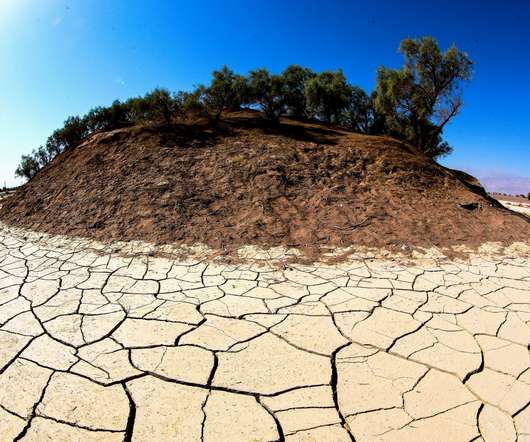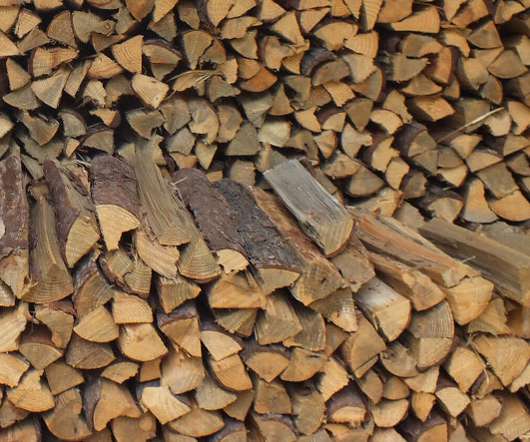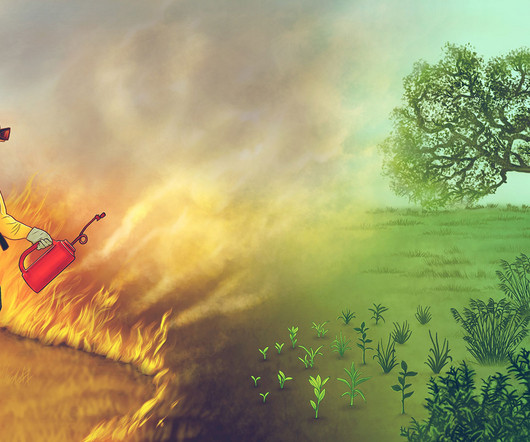UN report: People have wrecked 40% of all the land on Earth
Grist
APRIL 27, 2022
A new United Nations report released Wednesday shows farming, mining, and logging has marred more than half of the planet. If these trends continue, experts expect growing disruptions to human health, food supplies, migration, and biodiversity loss driven by climate change, in what the authors calls a “confluence of unprecedented crises.”.















Let's personalize your content